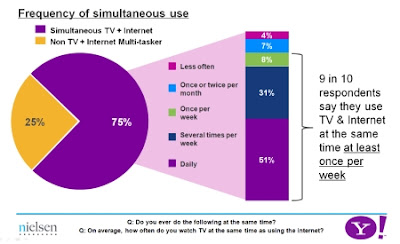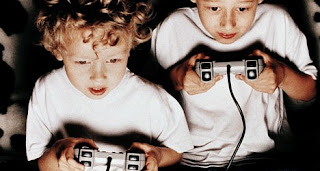Mies, G. (2010). Can Your Online Life Ruin Your Credit?. PC World, 28(5), 24. Retrieved from EBSCOhost
Banks and other financial institutions are now using sites such as Facebook and Twitter to target find good credit customers. These institutions examine your profile information, your activity, even your friends. This is where the question "can your online life ruin your credit?" Rapleaf, a San Francisco-based social media research firm are saying no, the information is only used by marketers not the people in charge of making decisions about your credit. The information is also collected and used for promotional offers on credit cards and advertisements for certain products. Some of these finacial companies are judging your finacial status based on your social networking life. Banks also base your credit on what kind of friends you have, if your friends are home-owners, pay their bills on time they assume you will too and it may approve your loan faster. The banks arn't the only ones watching your online activity, so are bill-collectors. Bill-collectors look for alternative contact information and they also monitor your behavior, like if your buying frequently new things and not paying you debts; it will be noted. Be cautious you never know who's watching you.















